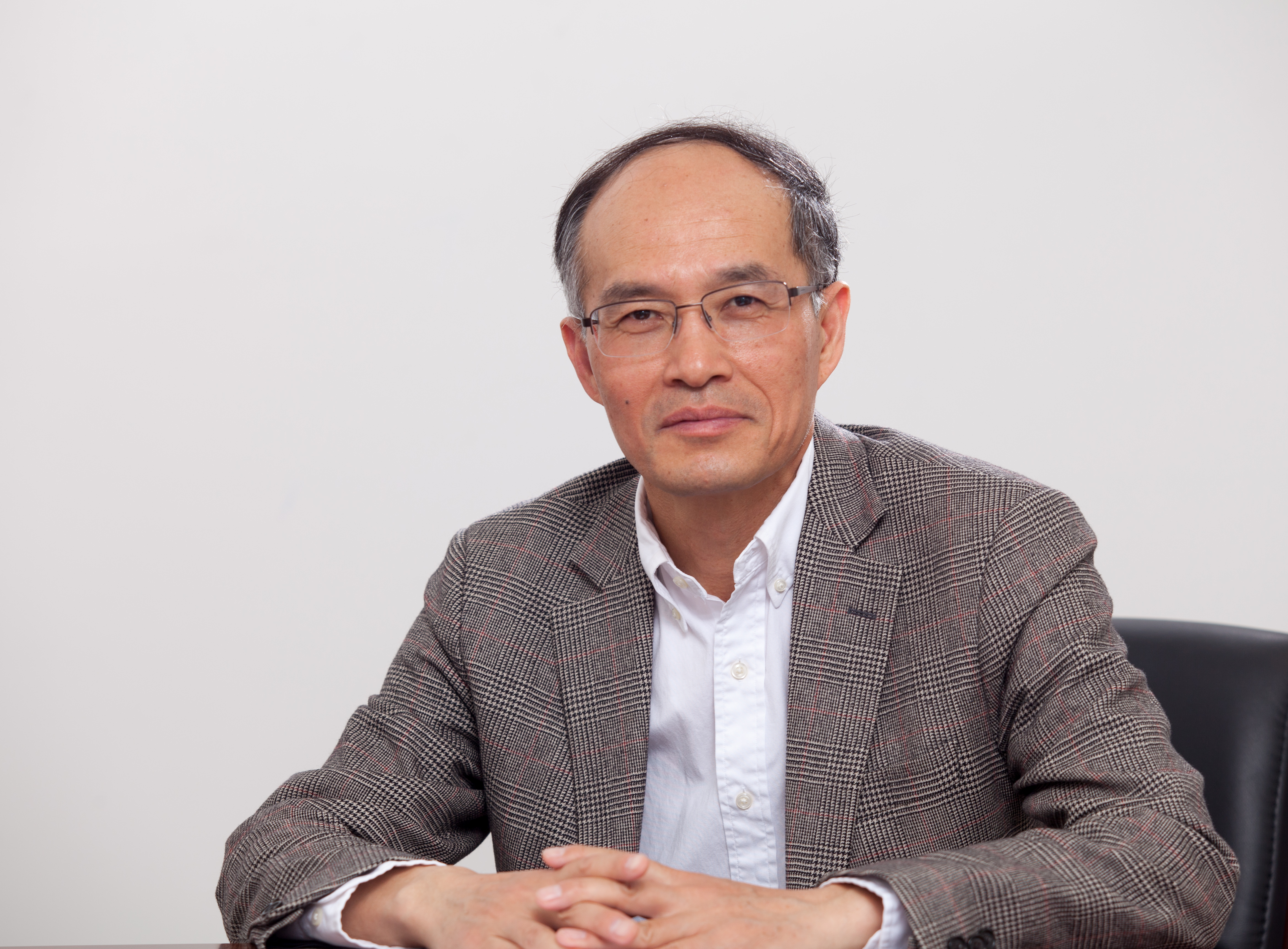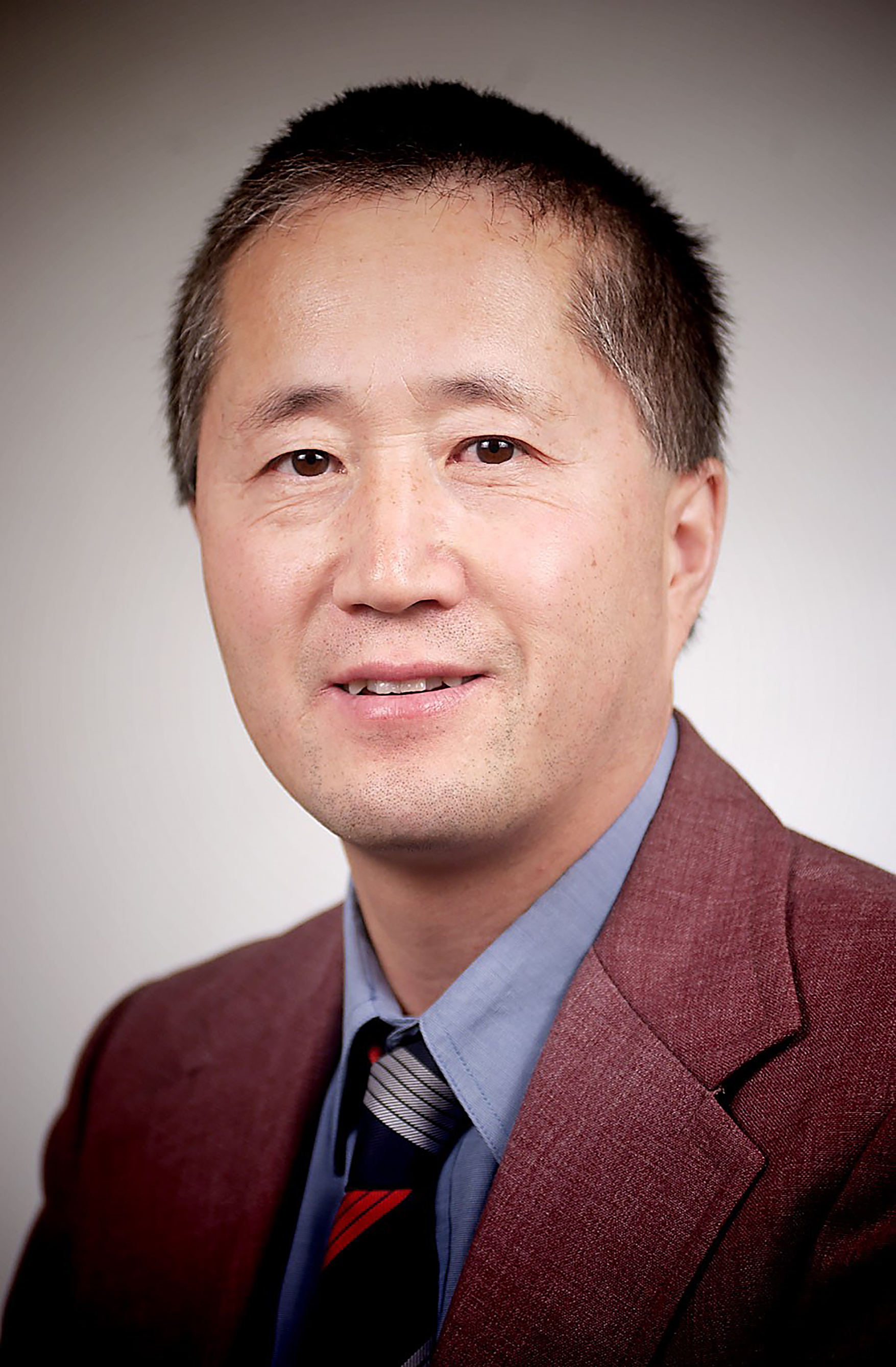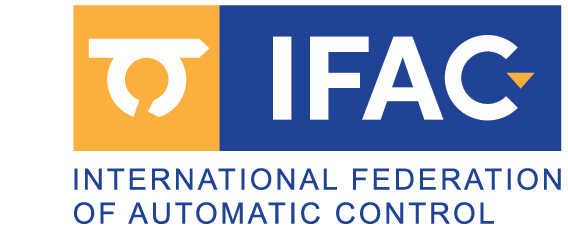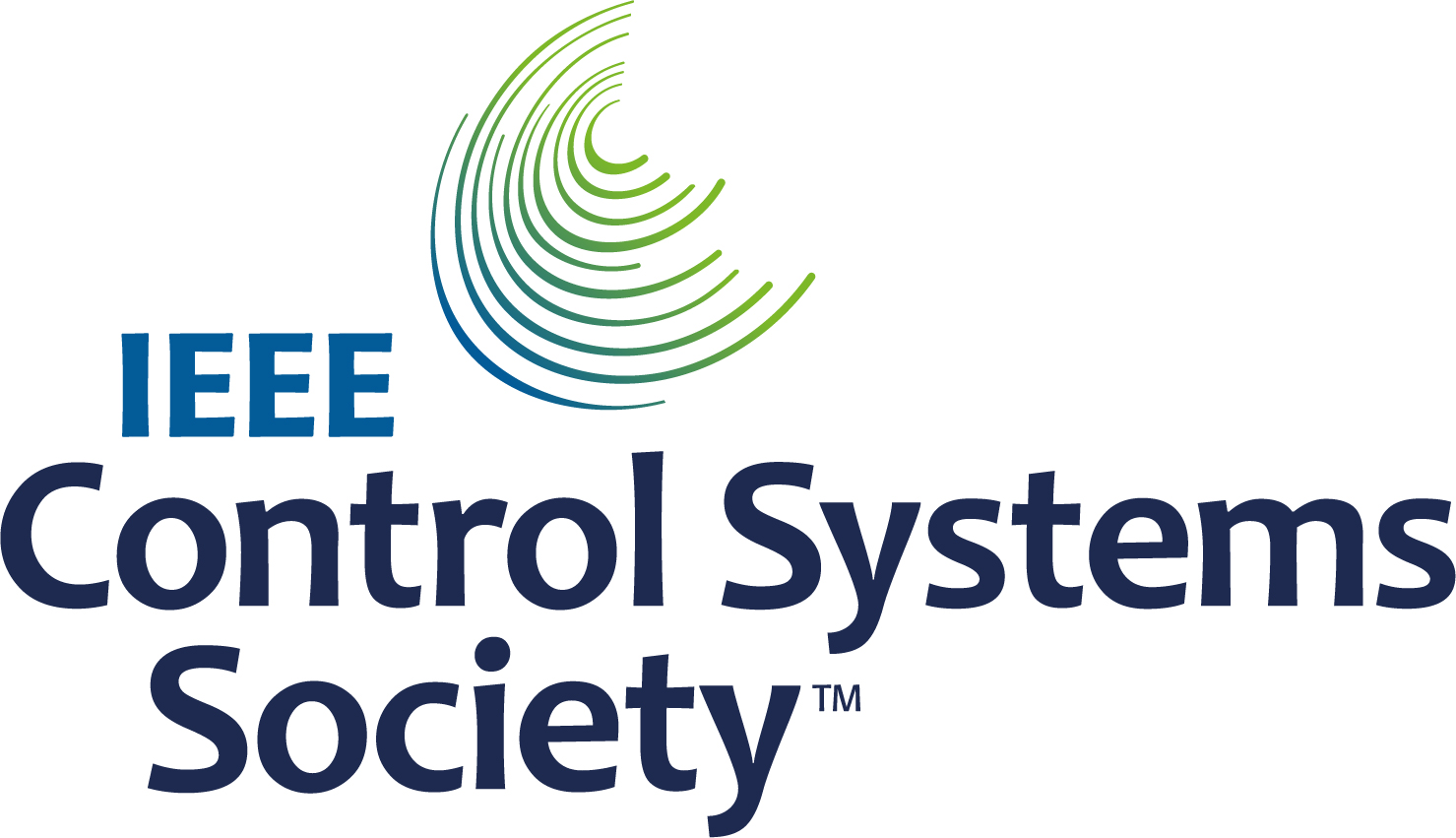Plenary Sessions
ANZCC 2022 Plenary Session 1
24 November 2022 (Thursday)Professor Fei-Yue Wang
|
Director of the State Key Laboratory for Management and Control of Complex Systems
Institute of Automation Chinese Academy of Sciences
Professor Fei-Yue Wang
|
Parallel Control in Metaverses: The DAO to DeControl and MetaControl for Complex SystemsAbstractIn the Third Axial Age of Parallel Intelligence, Digital Twin, and Organizational Technology, and ol, various new concepts and methods have been proposed, promoted, and prototyped. This report will discuss the potentials, possibilities, and prospects of Parallel Control in Metaverses based on Parallel Intelligence and Decentralized Autonomous Organizations (DAOs) and Operations. Starting from the origin and goal of Intelligence as a scientific discipline, we reinvestigate and reevaluate the course of Artificial Intelligence, Intelligent Control, as well as its evolution from Learning Control to Parallel Control over the past decades. Meanwhile, the mechanism and approach of integrating DAO in Blockchain and Monads in Mathematical Categories for implementing Intelligent Systems in line of the Parallel Philosophy are also discussed. Moreover, the future development of Control Intelligence, such as Decentralized Autonomous Control (Decontrol) and Interactive Control in Metaverses (MetaControl) and their association with Parallel Intelligence and Knowledge Automation are addressed. BioFei-Yue Wang received his Ph.D. degree in computer and systems engineering from the Rensselaer Polytechnic Institute, Troy, NY, USA, in 1990. He joined The University of Arizona in 1990 and became a Professor and the Director of the Robotics and Automation Laboratory and the Program in Advanced Research for Complex Systems. In 1999, he founded the Intelligent Control and Systems Engineering Center at the Chinese Academy of Sciences (CAS), Beijing, China, under the support of the Outstanding Chinese Talents Program from the State Planning Council, and in 2002, was appointed as the Director of the Key Laboratory of Complex Systems and Intelligence Science, CAS, and Vice President of Institute of Automation, CAS in 2006. He found CAS Center for Social Computing and Parallel Management in 2008, and became the State Specially Appointed Expert and the Founding Director of the State Key Laboratory for Management and Control of Complex Systems in 2011. His current research focuses on methods and applications for parallel intelligence, social computing, and knowledge automation. He is a Fellow of INCOSE, IFAC, ASME, and AAAS. In 2007, he received the National Prize in Natural Sciences of China, numerous best papers awards from IEEE Transactions and other academic journals and became an Outstanding Scientist of ACM for his work in intelligent control and social computing. He received the IEEE ITS Outstanding Application and Research Awards in 2009, 2011, and 2015, respectively, the IEEE SMC Norbert Wiener Award in 2014, and became the IFAC Pavel J. Nowacki Distinguished Lecturer in 2021. Since 1997, he has been serving as the General or Program Chair of over 30 IEEE, INFORMS, IFAC, ACM, and ASME conferences. He was the President of the IEEE ITS Society from 2005 to 2007, the IEEE Council of RFID from 2019 to 2021, the Chinese Association for Science and Technology, USA, in 2005, the American Zhu Kezhen Education Foundation from 2007 to 2008, the Vice President of the ACM China Council from 2010 to 2011, the Vice President and the Secretary General of the Chinese Association of Automation from 2008 to 2018, the Vice President of IEEE Systems, Man, and Cybernetics Society from 2019 to 2021. He was the Founding Editor-in-Chief (EiC) of the International Journal of Intelligent Control and Systems from 1995 to 2000, IEEE ITS Magazine from 2006 to 2007, IEEE/CAA JOURNAL OF AUTOMATICA SINICA from 2014-2017, China's Journal of Command and Control from 2015-2021, and China's Journal of Intelligent Science and Technology from 2019 to 2022. He was the EiC of the IEEE Intelligent Systems from 2009 to 2012, IEEE TRANSACTIONS on Intelligent Transportation Systems from 2009 to 2016, IEEE TRANSACTIONS ON COMPUTATIONAL Social Systems from 2017 to 2020. Currently, he is the President of CAA's Supervision Council, and the EiC of IEEE Trans. on Intelligent Vehicles. |
ANZCC 2022 Plenary Session 2
25 November 2022 (Friday)Peng Shi
|
School of Electrical and Electronic Engineering
University of Adelaide, Australia
Peng Shi
|
Multi-agent Systems: Introduction, Analysis and DesignAbstractMulti-agent Systems (MAS) are systems with characteristics of cooperation and decentralization. The agents need to cooperate in a distributed manner to achieve a common goal. Three main topics within the realm of MAS are consensus, flocking and formation control. Cooperating processes often require agents to reach a consensus, which is the fundamental problem in MAS. Flocking or swarming is a self-organizing behavior deriving from small-size animals with lower intelligence, which enables the emergence of swarm intelligence to improve the whole system survivability and competitiveness. Formation control generally aims to drive the agents to achieve a desired scalable formation or time-varying formation changing. In this talk, the analysis and design of a variety of distributed schemes for consensus, flocking and formation control are introduced. BioPeng Shi received the PhD degree in Electrical Engineering from the University of Newcastle, Australia, and the PhD degree in Mathematics from the University of South Australia. He was awarded Doctor of Science degree from the University of Glamorgan, UK, and the Doctor of Engineering degree from the University of Adelaide, Australia. He is now a Professor at the School of Electrical and Electronic Engineering, and the Director of Advanced Unmanned Systems Laboratory, at the University of Adelaide, Australia. His research interests are mainly on systems and control theory and applications to network systems, robotic and autonomous systems, multi-agent systems and cyber-physical systems. He has been continuously recognized as a Highly Cited Researcher in both fields of engineering and computer science by Clarivate Analytics/Thomson Reuters from 2014 to 2021. He has also been continuously acknowledged in the Lifetime Achiever Leader Board in engineering and information technology by THE AUSTRALIAN from 2019 to 2021. He has been awarded the MA Sargent Medal by Engineers Australia in 2022. He has served on the editorial board for many journals, including Automatica, and several IEEE Transactions. Now he serves as the Editor-in-Chief of IEEE Transactions on Cybernetics, and the Senior Editor of IEEE Access. His professional services also include as the current President of the International Academy for Systems and Cybernetic Sciences, IEEE SMC Distinguished Lecturer, and the past Vice President of IEEE SMC Society. He is a Fellow of IEEE, IET, IEAust, and a member of the Academy of Europe. |







